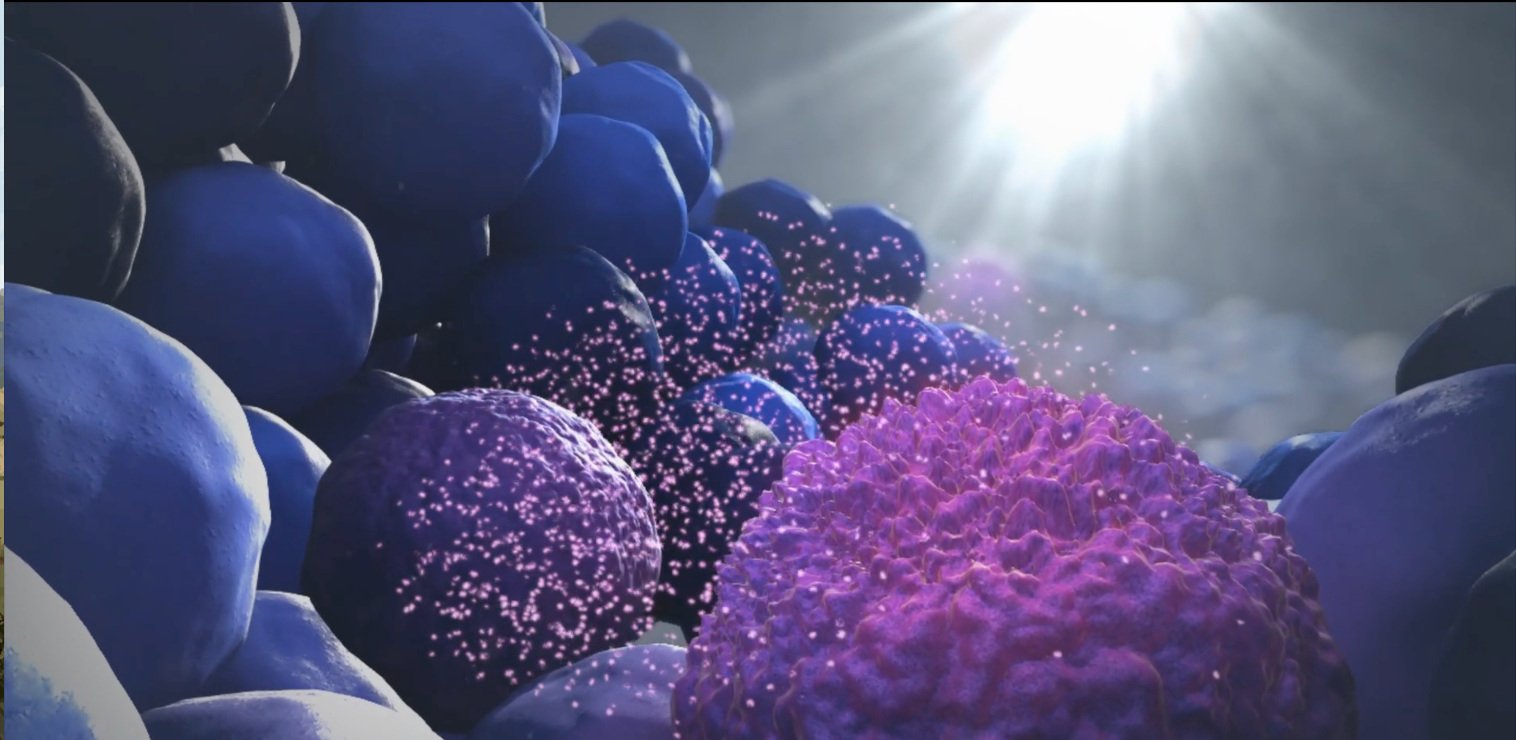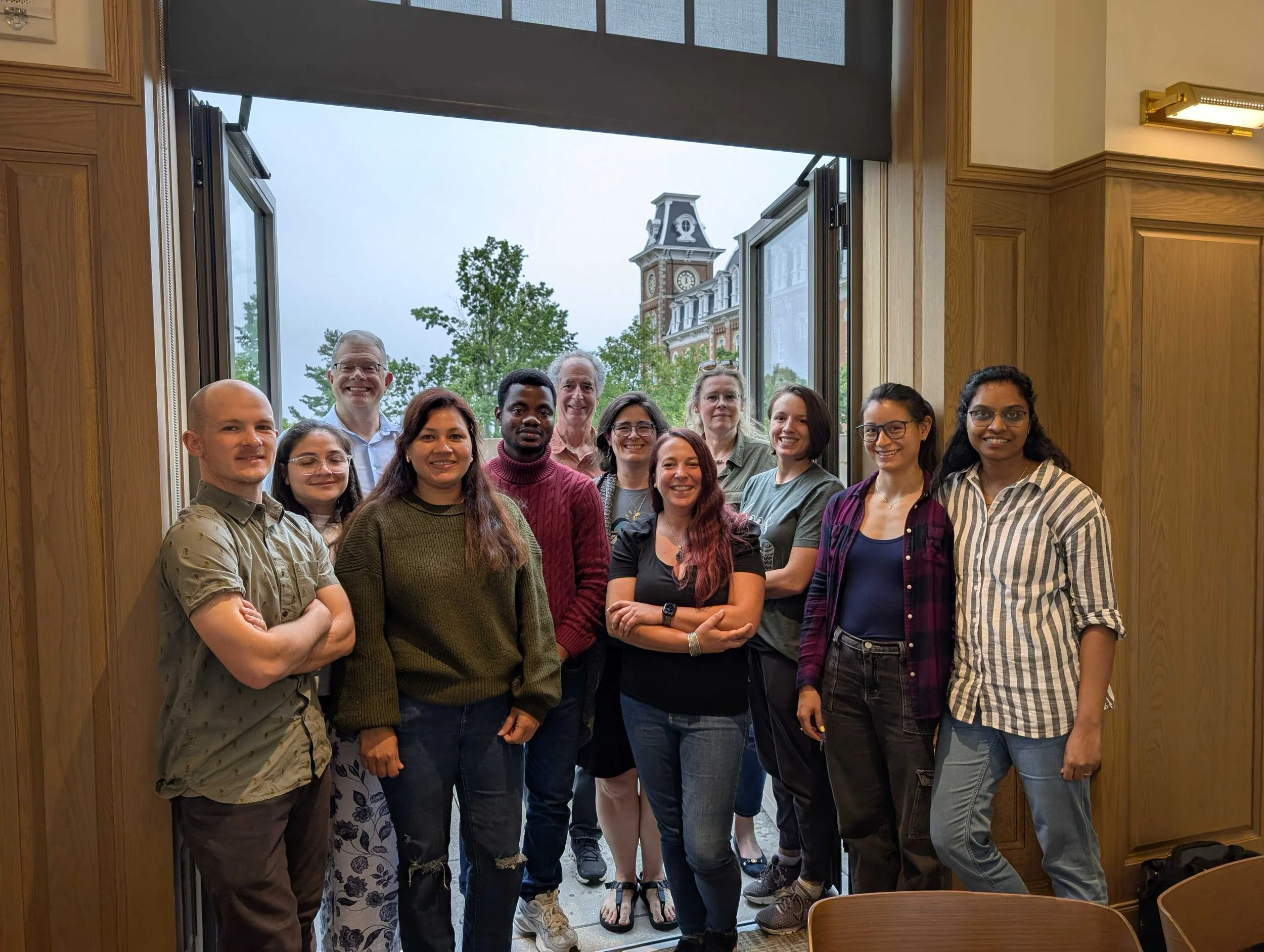
The Role of Extracellular RNA in Intercellular and Interkingdom Communication
Image from National Institute of Health, public domain
Goals
To determine, across three diverse eukaryotic species (humans, fall armyworm, and maize), how RNAs are targeted for secretion, how these secreted RNAs (exRNAs) are recognized for uptake by cells in the same organism and by resident microbiome bacteria, and the impacts of exRNA delivery on microbiome community structure and function.
Protocols
Techniques and protocols developed for the three diverse eukaryotic species (humans, fall armyworm, and maize). Descriptions of how RNAs are isolated and characterized. Other published protocols and tools, including Github llink.
Resources
Extra information and previous research conducted on exRNAs by the investigating labs or other organizations.
Investigating Labs
The Borchert Lab
University of South Alabama
Provides expertise in mammalian systems, non-coding RNA gene regulation, and exosomal RNAs.
The Westerman Lab
University of Arkansas
Provides expertise in insect systems, evolutionary biology, and behavioral genomics.
The Baldrich Lab
Genome Center at the University of California Davis
Provides expertise in plant sRNAs and bioinformatics, with a focus in interkingdom communication.
The Innes Lab
Indiana University
Provides expertise in plant molecular biology and plant–microbe interactions.
The Jones Lab
University of North Carolina
Provides expertise in RNA sequencing technologies, bioinformatics (especially as applied to microbiome analysis), and project management.
The Corbin Lab
University of Kentucky
Provides expertise in microbiome analyses, with a focus on human gut microbiomes and the impact of diet on microbiome assembly.
The Konkel Lab
Clemson University
Provides expertise in genome evolution, bioinformatics, and development of new interfaces for interrogating and displaying genomic and transcriptomic data.
Publications
The various environments where extracellular RNAs are found in. Image from National Institute of Health, Public domain.
Research Activity
Learn more about our recent meetings, collaborative workshops, and student activities that keep our research moving forward.



